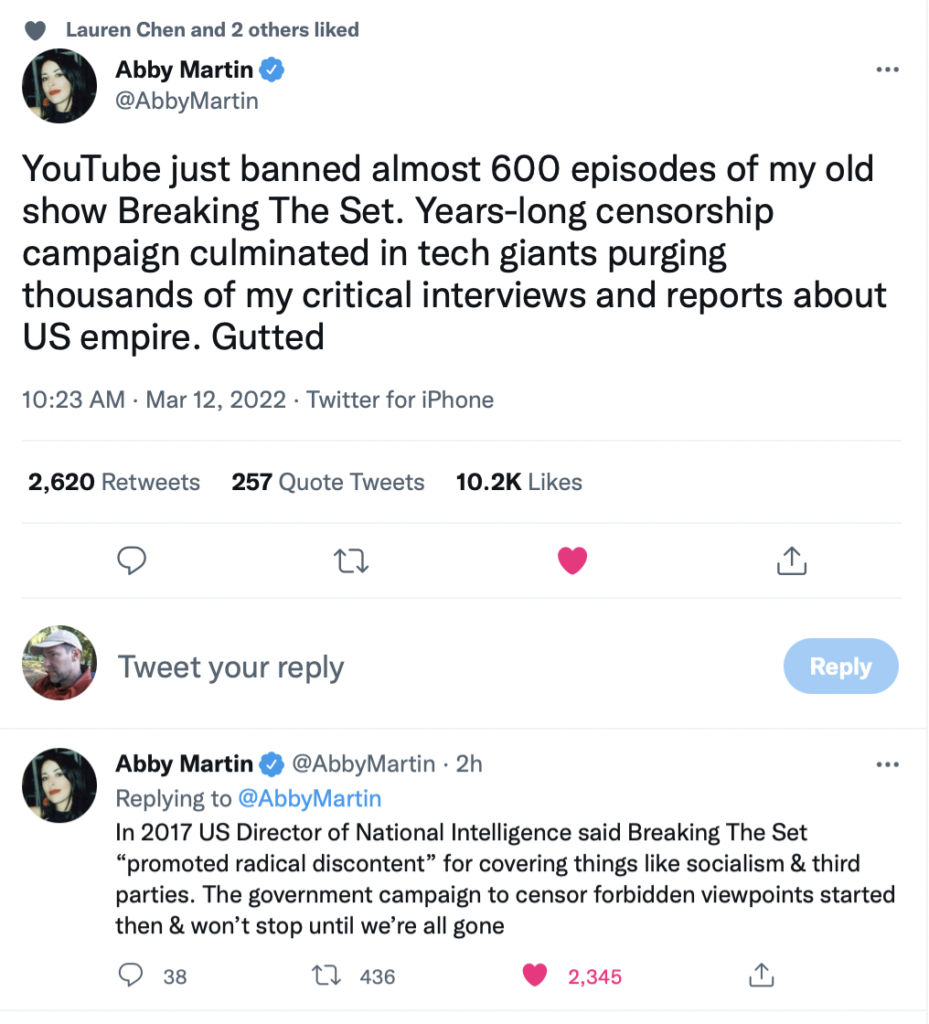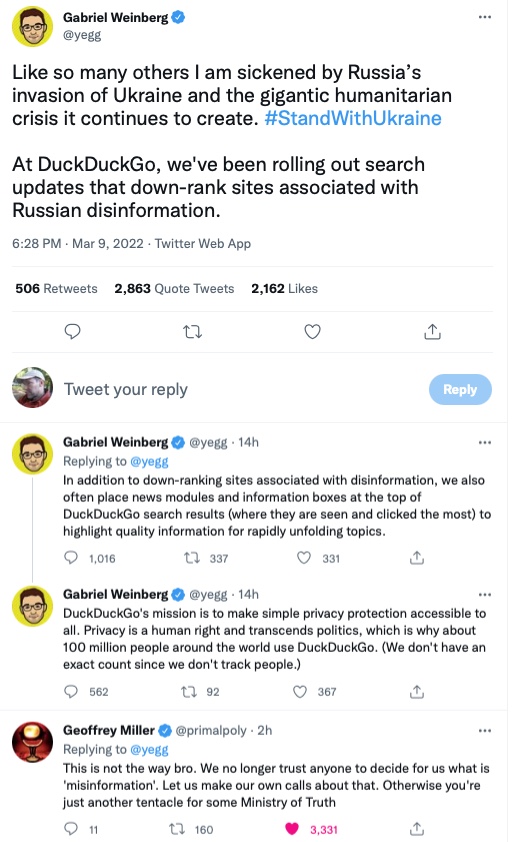How to Be a Human Animal, Chapter 22: Ontology and Mushy Words
Hello again, hypothetical baby! I'm back to offer you yet another chapter to help you to navigate this convoluted world into which you have been plopped. I'm trying to teach you things that I did not know while I was growing up. I learned these lessons the hard way. You can find links to all of these (soon to be 100) lessons in one convenient place: Here.
To begin, here is a "thing," a work of art that I created:

What is this thing? It started out as a part of a 2-D paint splatter I intentionally created--paint on canvas. I then photographed it and carted it into Photoshop and blended it with other layers until it looked like this. It’s now a thing that that looks almost 3-D. I call work of art “Risen.” Is it really a “thing” or does it just look like a thing?
As you grow up, you will constantly deal with “things,” physical and otherwise. It will surprise and annoy you that human animals constantly disagree about what a particular thing is and even whether that “thing” exists at all. Philosophers tuck these disagreements into the branch of philosophy called “ontology,” but these disagreements aren’t limited to philosophy classrooms. They occur constantly out in the real world.
You will find it a challenge to determine whether there are such things as violence, justice, love, intelligence, humility, courage or happiness. In the year 2022, people argued a lot about “race” even though there is no such thing as “race” (even though there are instances of ”racism.” Consider the work of Sheena Mason on this issue). None of the real-world instances of these things come with labels pasted on them. People often disagree about whether these things exist in particular situations. Some people stick these words on some situations and other people disagree. In other words, these things have no ”objective” meaning. George Lakoff and Mark Johnson (who I mentioned in Chapter 18) explain the term "objective" in their classic book, Metaphors We Live By (1980):
How to Be a Human Animal, Chapter 21: Listen to the Sage Advice of the Stoics
I hope I haven't been away for too long! Even though you are a hypothetical baby my absence might have caused you to get hungry for another lesson! What I'm trying to do here is to help you navigate this convoluted world. I'm trying to teach you things that I did not know while I was growing up. I learned these lessons the hard way. You can find links to all of these (soon to be 100) lessons in one convenient place: Here.
Here's a couple mini-lessons. First of all, if someone wants you to offer some good advice but you can't think of anything, just offer them some of the wisdom of the Stoics of ancient Rome. Your audience won't even know that these writings are ancient. Here's another cool thing: Even though this is "philosophy," it is practical advice to help you in your daily life. This is the opposite of academic philosophy.
Check this out. One of the key tenets of the Stoics is essentially the Serenity Prayer. Epictetus writes:
The chief task in life is simply this: to identify and separate matters so that I can say clearly to myself which are externals not under my control, and which have to do with the choices I actually control. Where then do I look for good and evil? Not to uncontrollable externals, but within myself to the choices that are my own.
— Epictetus, Discourses, 2.5.4–5
Compare to the Serenity Prayer:
God, grant me the serenity to accept the things I cannot change, courage to change the things I can, and wisdom to know the difference.
Here is another Stoic version of this same idea:
“Who then is invincible? The one who cannot be upset by anything outside their reasoned choice.”
— Epictetus, Discourses , 1.18.21
Why is this lesson so valuable? Because human animals screw this up so often! They need to hear this advice over and over, because we are wired to obsess and fret over things we cannot change. But here's a caveat: you shouldn't make excuses when you could change something but you are too lazy to put in the effort. You need to be honest with yourself about what you can change. Then get to work on something you can handle. Don't waste your life away by fretting and obsessing. Many things have changed over the past 2,000 years, but the wisdom of the Stoics is as relevant as ever. Here's my favorite Stoic quote: “The Obstacle Is the Way.” Marcus Aurelius Is it possible to fit more wisdom into such a short quote?
Duck Duck Go Drinks the Koolaid: Decides to Tell Us What to Think
I often use Duck Duck Go, but my confidence level in the search engine has plummeted. Geoffrey Miller sums up the problem at the bottom:
How is it possible that Duck Duck Go is now ignoring why people switched over from Google?
The Problem with “Culturally Responsive Education” (CRE) and Other Variants of Neoracism
Dana Stangel-Plowe of the Foundation Against Intolerance and Racism (FAIR) explains:
In our latest video, FAIR’s Dana Stangel-Plowe discusses the issues surrounding a new academic theory called “Culturally Responsive Education.” While intended to connect students with their educational material on a deep level, Stangel-Plowe explains how this new method achieves the opposite by assuming people who superficially look like one another must also think like one another.
[T]he idea of providing kids books that feature characters who look like them feels intuitive as a way to connect them to the material; but building curriculum around students’ skin color, ancestry, or gender raises serious questions about the very purpose of education in our diverse and pluralistic nation.
By making assumptions about what will engage students based on race or immutable traits, CRE is racist. The idea that all people who share the same group identity would also share the same interests, experiences, or beliefs is reductive and demeaning to the unique human beings in that group.
Stangle-Plowe offers a more detailed analysis at FAIR's website:
Despite what some of its proponents would have us believe, CRE is much more than simply a framework for student-centered learning and a celebration of different cultures and cultural ways of knowing. CRE’s focus on “power dynamics,” “social change,” “liberation,” and “equitable outcomes” plainly reveal that critical pedagogy is baked into CRE. Critical pedagogy, popularized by Paolo Freire, is the Marxism-derived school of critical theory applied to education. Thus, it designates K-12 classrooms as the place to start a revolution to dismantle the dominant power structures—meaning our current systems of liberal democracy. Critical pedagogy is explicitly a political ideology—similar to other illiberal ideologies that focus on “liberation” and seek equality of outcomes—aiming to turn students into revolutionary activists.
With CRE becoming widespread, we must consider: Is there a better way to leverage student engagement for success across cultures? And, most importantly, how do we ensure that all students, regardless of their group identities, become “classroom insiders” without dehumanizing them or flattening them into stereotypes—and without replacing learning with activism?
It seems that we are mastering the art of slicing and dicing people culturally in much the same way that Google, Facebook and Amazon are using Billy Ball analytics on their customer bases. I see no problem categorizing people by their interests, such as knitting, pickle ball or art. The problem is with dividing people by irrelevant categories, such as the way they look or (often) the place where they were born. CRE assumes that people are "stuck" in these irrelevant categories and they they want more and more of the same. As Stangle-Plowe states, this is insulting and destructive. I'm proud to say that I am constantly learning many wonderful things from people who look different than me. I'm also proud to say that I don't obsess over what a person looks like. CLE is a well-meaning but destructive to the American Dream that we are one people who can work and play together. E pluribus unum.
Evaluating people based on superficial characteristics is inaccurate and lazy. We need to avoid all miscategorizations, of course. Because people are extremely complex, it makes no sense to judge them on "race," sex or national origin any more than it would to determine who they are based on astrology.
Our cultural dysfunction based on insanely off-target miscategorizations needs to be cut off at the root, as suggested by Sheena Mason:
a nonpartisan organization dedicated to advancing civil rights and liberties for all Americans, and promoting a common culture based on fairness, understanding and humanity.
In conclusion, I am including FAIR's Principles of Peaceful Change:
FAIR Principles of Peaceful Change
Based on Dr. Martin Luther King Jr.'s Principles of Nonviolence
Exercise Moral Courage. Telling the truth is a way of life for courageous people. Peaceful change cannot happen without a commitment to the truth.
Build Bridges. We seek to win friendship and gain understanding. The result of our movement is redemption and reconciliation.
Defeat Injustice, Not People. We recognize that those who are intolerant and seek to oppress others are also human, and are not evil people. We seek to defeat evil, not people.
Don’t Take the Bait. Suffering can educate and transform. We will not retaliate when attacked, physically or otherwise. We will meet hate and anger with compassion and kindness.
Choose Love, Not Hate. We seek to resist violence of the spirit as well as the body. We believe in the power of love.
Trust in Justice. We trust that the universe is on the side of justice. The nonviolent resister has deep faith that justice will eventually win.
- Go to the previous page
- 1
- …
- 255
- 256
- 257
- 258
- 259
- 260
- 261
- …
- 1,986
- Go to the next page


